Whatever became of Hans Pfitzner?
mainThe composer of Palestrina was born 150 years ago this week, on May 5, 1869.
And no-one’s paying a blind bit of attention.
Pfitzner was respected by Mahler and Strauss, seduced (almost) by Alma Mahler and disavowed by the Nazis (though he was a card-carrying anti-semite).
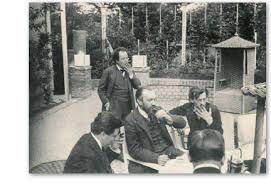
He was a terrible misanthrope.
Music is a social occupation.
Talent isn’t everything.
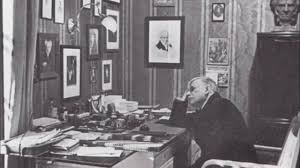

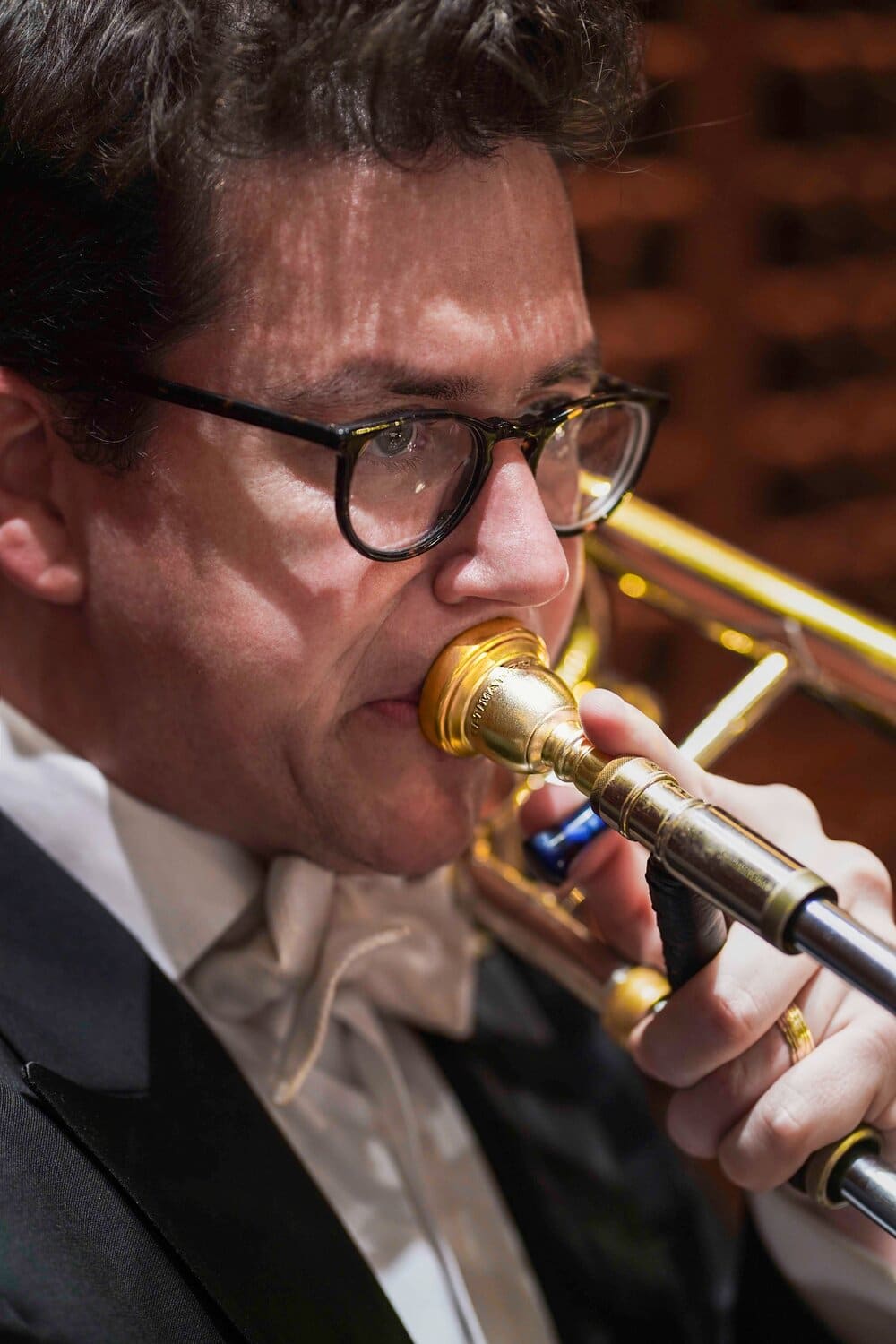
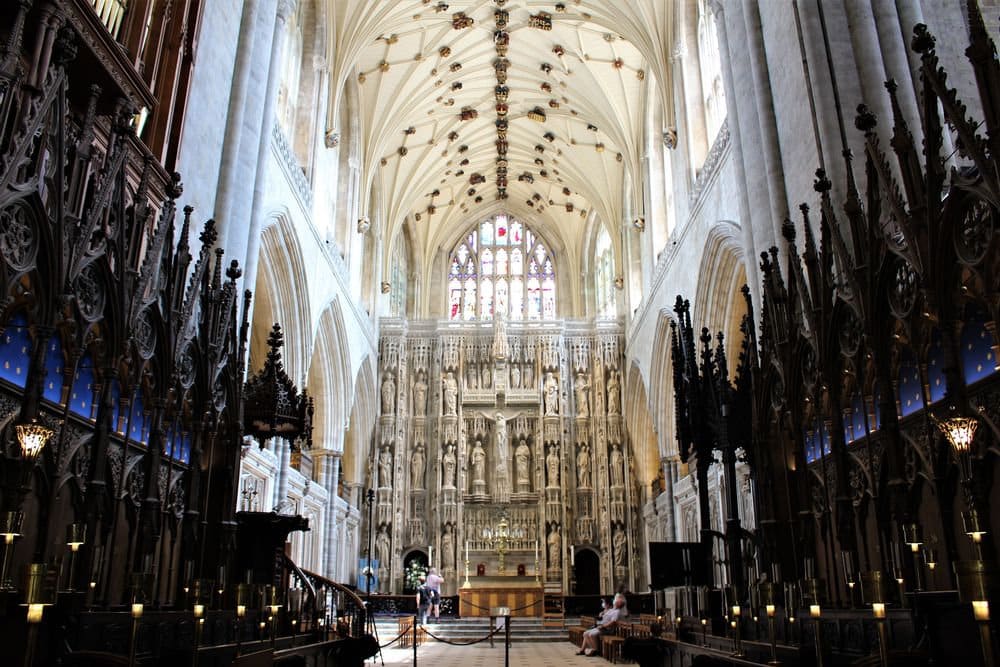
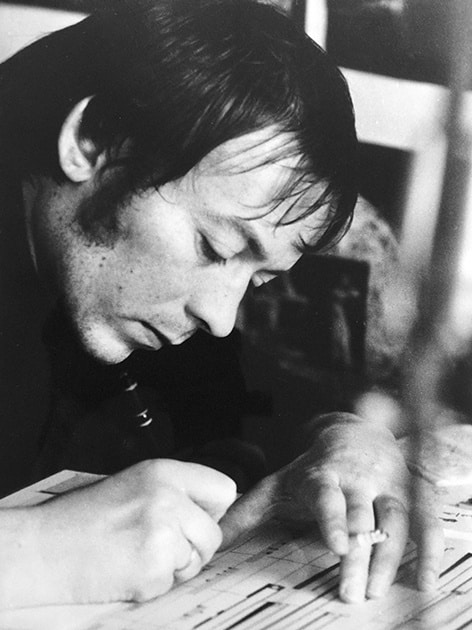
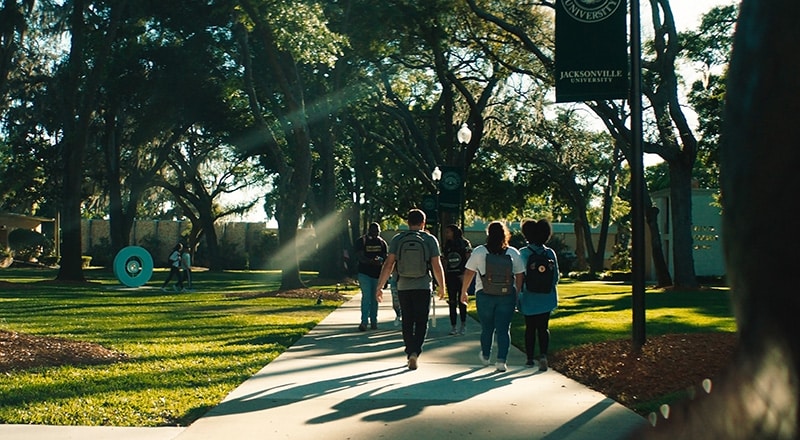
Comments